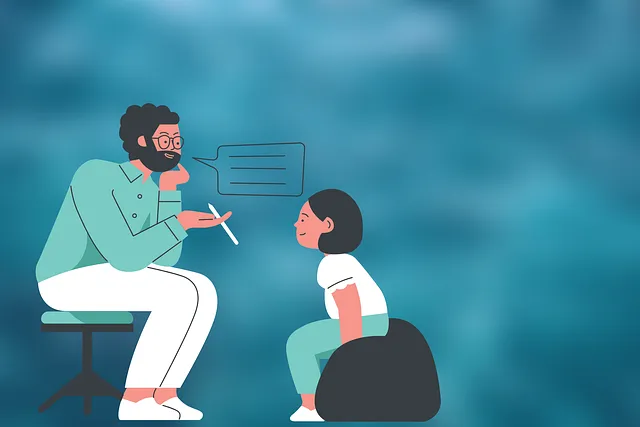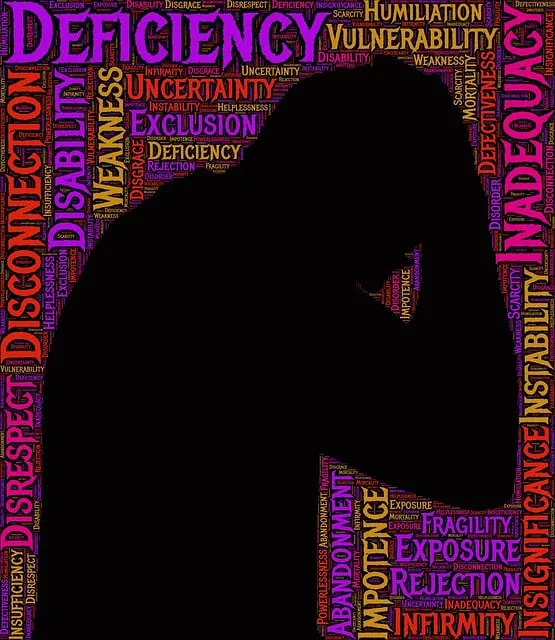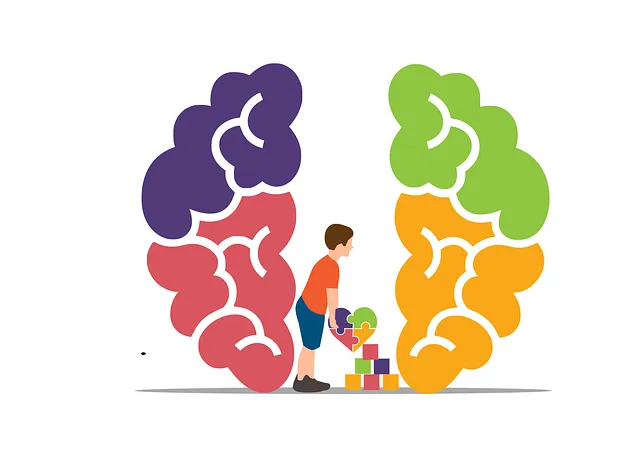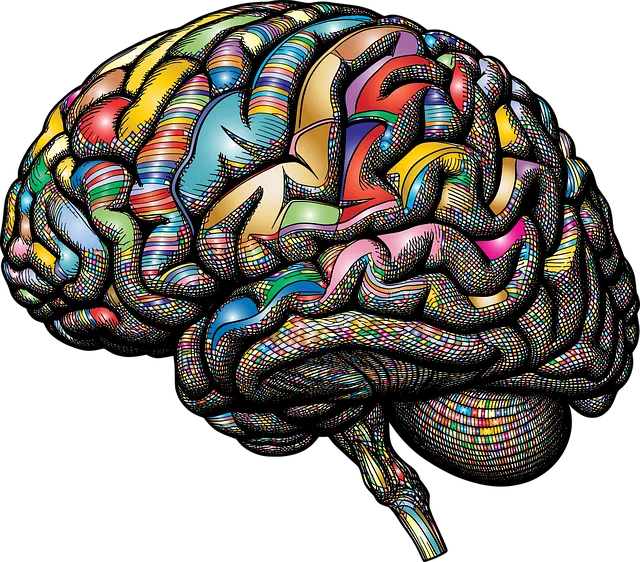Social skills training is a powerful tool for individuals with mental health conditions, offering a structured approach to improving interpersonal interactions. This article explores how such training can enhance well-being and reduce social isolation. We delve into the specific programs designed by Parker Kaiser Permanente mental health providers, highlighting their key components and benefits. Additionally, we examine challenges in implementation and provide insights for effective strategies, emphasizing the vital role of specialized healthcare professionals.
- Understanding Social Skills Training for Mental Health Conditions
- The Role of Parker Kaiser Permanente Mental Health Providers
- Key Components of Effective Social Skills Training Programs
- Benefits and Challenges in Implementing Social Skills Training
Understanding Social Skills Training for Mental Health Conditions

Social Skills Training (SST) is a therapeutic intervention designed to enhance social interactions and communication for individuals facing mental health challenges. This approach recognizes that many mental health conditions can impact an individual’s ability to navigate social situations, leading to feelings of isolation and heightened anxiety. By targeting these social barriers, SST aims to improve overall well-being.
At Parker Kaiser Permanente, mental health providers utilize SST to help patients build a range of skills, including assertiveness, empathy, and active listening. Through role-playing scenarios and group discussions, individuals learn to express their needs, interpret social cues, and engage in meaningful conversations. This not only boosts confidence but also plays a significant role in reducing the stigma associated with mental illness by fostering understanding and acceptance among peers. Encouraging positive thinking and self-awareness, SST empowers participants to navigate social environments with greater ease and comfort.
The Role of Parker Kaiser Permanente Mental Health Providers

The Parker Kaiser Permanente mental health providers play a pivotal role in empowering individuals with effective coping skills to manage their mental health conditions effectively. These professionals are equipped to offer tailored support, utilizing evidence-based practices and techniques such as cognitive behavioral therapy (CBT) and mindfulness exercises to enhance mental wellness. They foster an environment of understanding and resilience, enabling clients to navigate challenges and improve their overall quality of life.
In addition to individual therapy sessions, the team at Parker Kaiser Permanente contributes to the production of insightful Mental Wellness Podcast Series. These podcasts cover a range of topics related to mental health, including stress management, anxiety reduction, and effective communication strategies. By sharing valuable insights and practical coping skills development techniques, they empower listeners to take proactive steps towards better mental wellness. Moreover, the integration of conflict resolution techniques within these podcasts equips individuals with essential tools to navigate interpersonal challenges, fostering healthier relationships and a stronger support system.
Key Components of Effective Social Skills Training Programs

Effective social skills training programs for mental health conditions are multifaceted, designed to empower individuals with tools for successful interaction and communication.
These programs often incorporate tailored activities and exercises focused on improving self-awareness, empathy, active listening, and conflict resolution techniques, as advocated by Parker Kaiser Permanente mental health providers. The curriculum may also include elements of mental health education programs design, teaching participants about various conditions, coping strategies, and building resilience. By addressing these key components, individuals gain confidence navigating social situations, fostering healthier relationships, and enhancing their overall well-being.
Benefits and Challenges in Implementing Social Skills Training

Social Skills Training offers a multitude of benefits for individuals managing mental health conditions. By equipping them with strategies to navigate social interactions, this training can foster better relationships, enhance self-esteem, and reduce feelings of isolation. It empowers individuals to communicate effectively, interpret social cues, and manage emotions in various settings, ultimately improving their overall quality of life.
However, implementing such programs presents its own set of challenges. Mental health providers at Parker Kaiser Permanente face the task of designing engaging and accessible Mental Health Education Programs. Tailoring content for diverse audiences while addressing sensitive topics requires careful consideration. Moreover, ensuring these training sessions are inclusive and cater to different learning styles is crucial for effective knowledge transfer. Stress Management workshops, for instance, can be a valuable addition, teaching participants coping mechanisms to handle social stressors, thereby complementing the social skills curriculum.
Social skills training is a valuable tool for individuals with mental health conditions, offering a holistic approach to recovery. As highlighted by the expertise of Parker Kaiser Permanente mental health providers, these programs can significantly enhance social interactions and overall well-being. By incorporating key components such as communication strategies and group activities, training becomes an effective way to build confidence and foster meaningful connections. While challenges exist in implementation, the benefits are undeniable, particularly in improving individuals’ ability to navigate social environments. This evidence-based practice deserves continued support and integration into mental health care systems.





